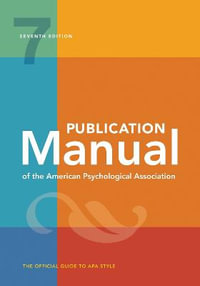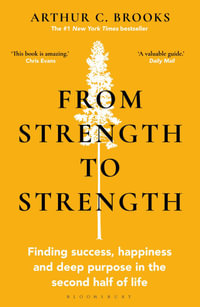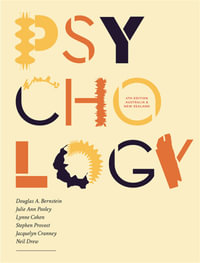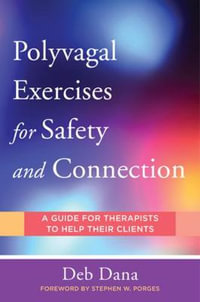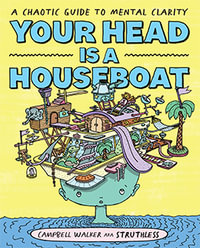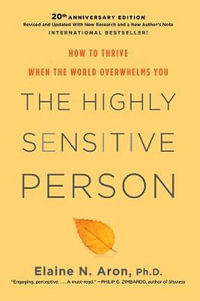'This is a must-read book for researchers, practitioners, educators, and policy makers alike, working in the field of IPV; particularly those who value contemporary research, evidence-based-practice and are open to questioning traditional paradigms. The book promotes a critical but balanced evaluation challenging the gendered approach to IPV, examining both men and women's experiences of IPV as well as issues surrounding neglected victims and adolescents. Significantly, emphasis is placed on exploring how all of this must inform intervention. This excellent book offers an invaluable opportunity, through the shared knowledge from experts in the field, to gain an up-to-date understanding of the complexity of IPV and its treatment and how we need to challenge traditional approaches to IPV based on the evidence that current research affords.' - Dr. Kate Walker, Professor, Centre for Advances in Behavioural Science, Coventry University, UK.
'This book is an important contribution to a contested and complex field. As a feminist researcher, I do hold to the importance of a gender based analysis of domestic abuse and intimate partner violence. I feel it is important to understand the role of gender in intimate relationships more generally, and particularly when violence and abuse occurs. Gender plays a role, regardless of whether victims and perpetrators are male or female. It may, therefore, seem surprising that I am offering a recommendation for this book. As a feminist, I'm committed to the robust challenge of patriarchal power, but am also aware that power is a complex and diffuse phenomenon, and that restrictive concepts of gender impact everyone. Whilst there are aspects of the authors' analysis that I disagree with, they do offer an inclusive account of violence and abuse in intimate relationships, that highlights the importance of recognising male victims, the experience of violence and abuse in LGBTQ relationships, children's experiences of domestic abuse, programmes for perpetrators and violence and abuse in young people's dating relationships. This book invites us to consider how power functions in complex ways, in a range of relationships. I continue to feel that a feminist account is valuable and important, but we do need to hear and engage with alternative explanations. What is valuable about this book is that it offers a contribution to this debate that is not rooted in anti-feminist or misogynist tropes, potentially salvaging an engagement with the full range of ways that violence and abuse occurs in families and intimate relationships from the men's rights movement. It is my hope that this will allow the beginning of a sensible conversation about how we continue to provide gender sensitive and appropriate support to women, whilst open out support to others impacted by violence and abuse in intimate relationships.' - Jane Callaghan, Director, Child Wellbeing & Protection, University of Stirling, UK.










